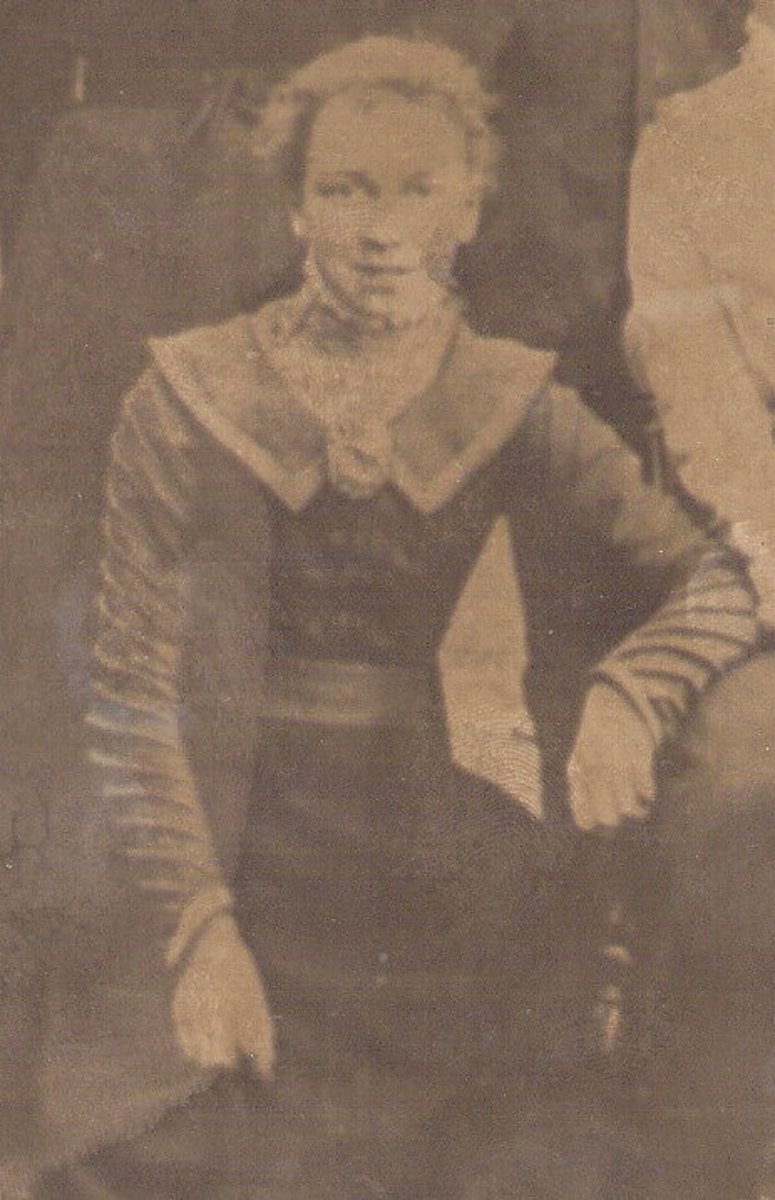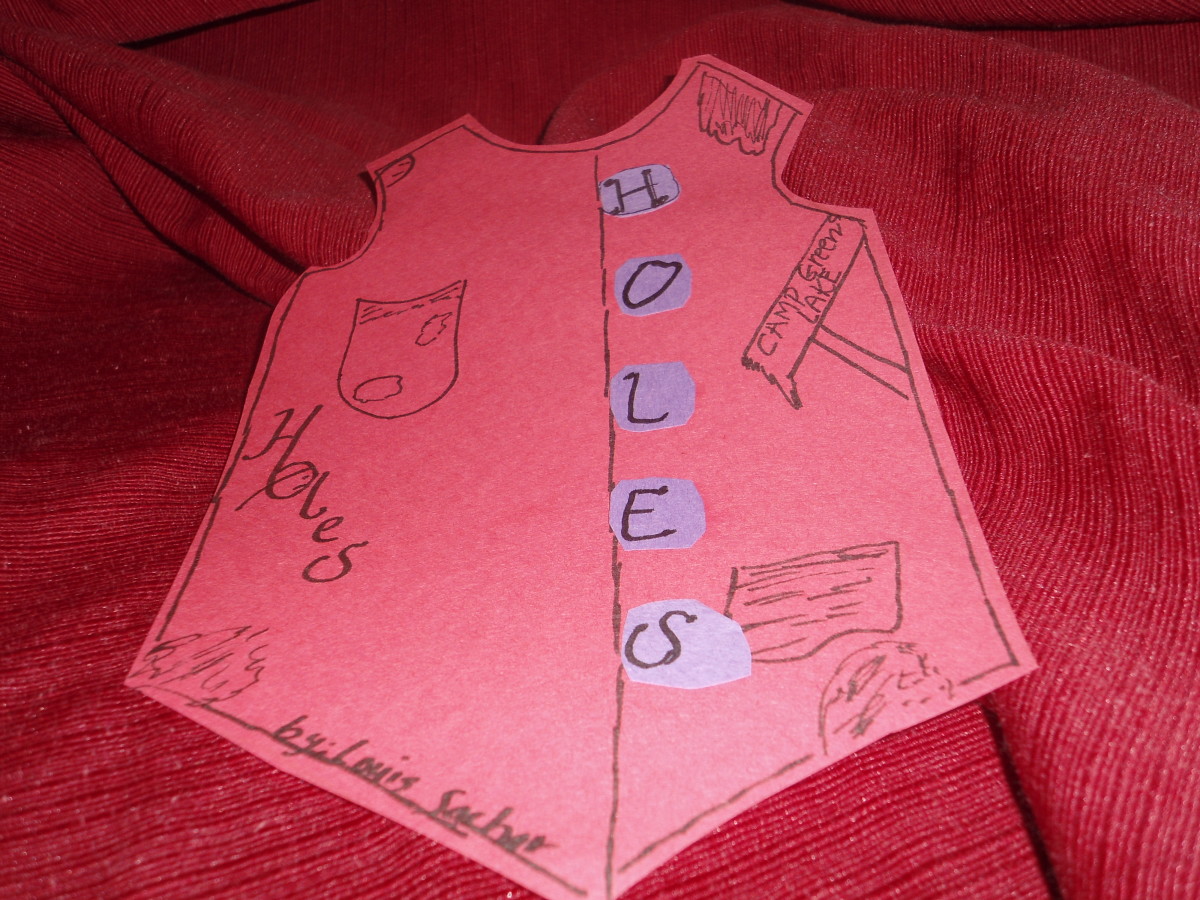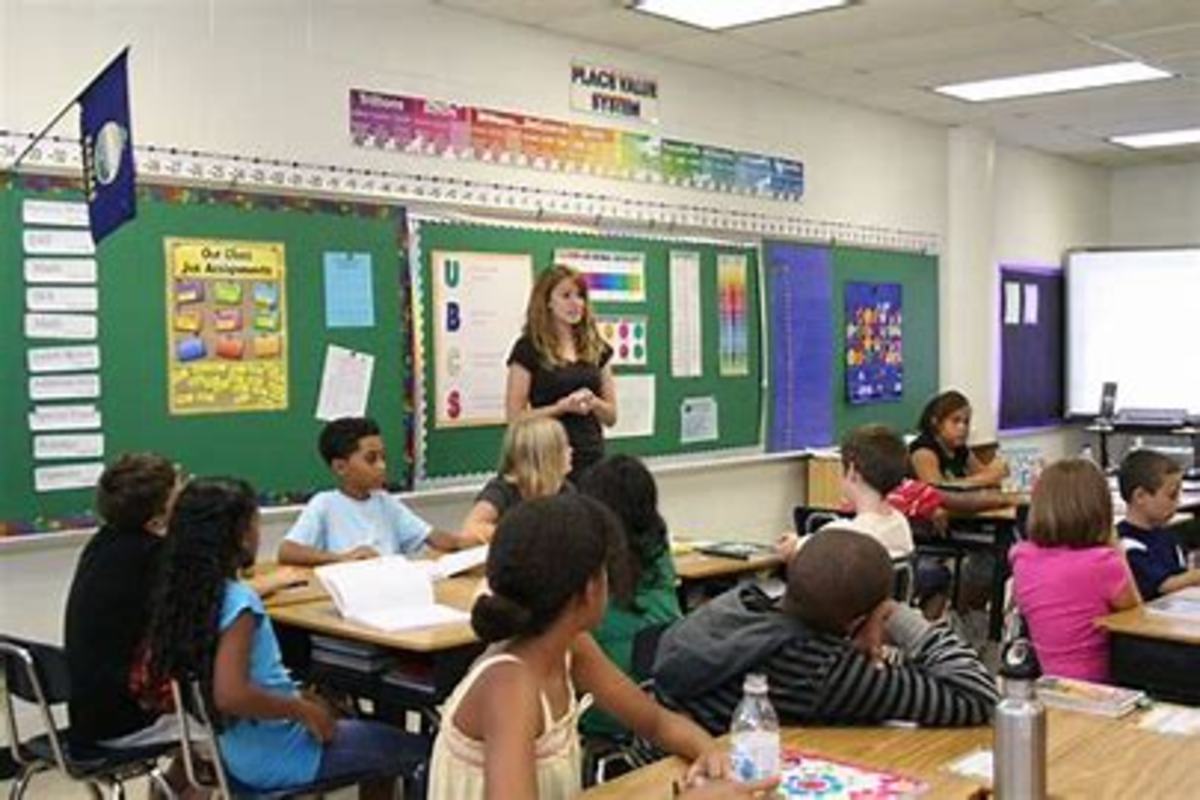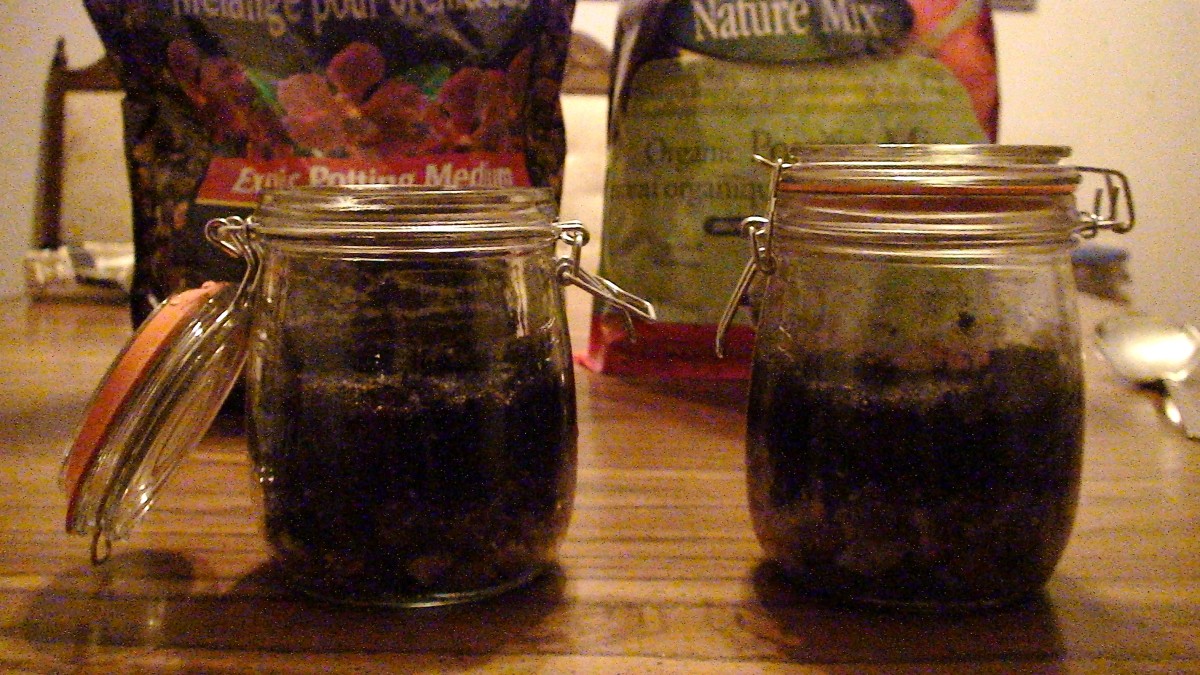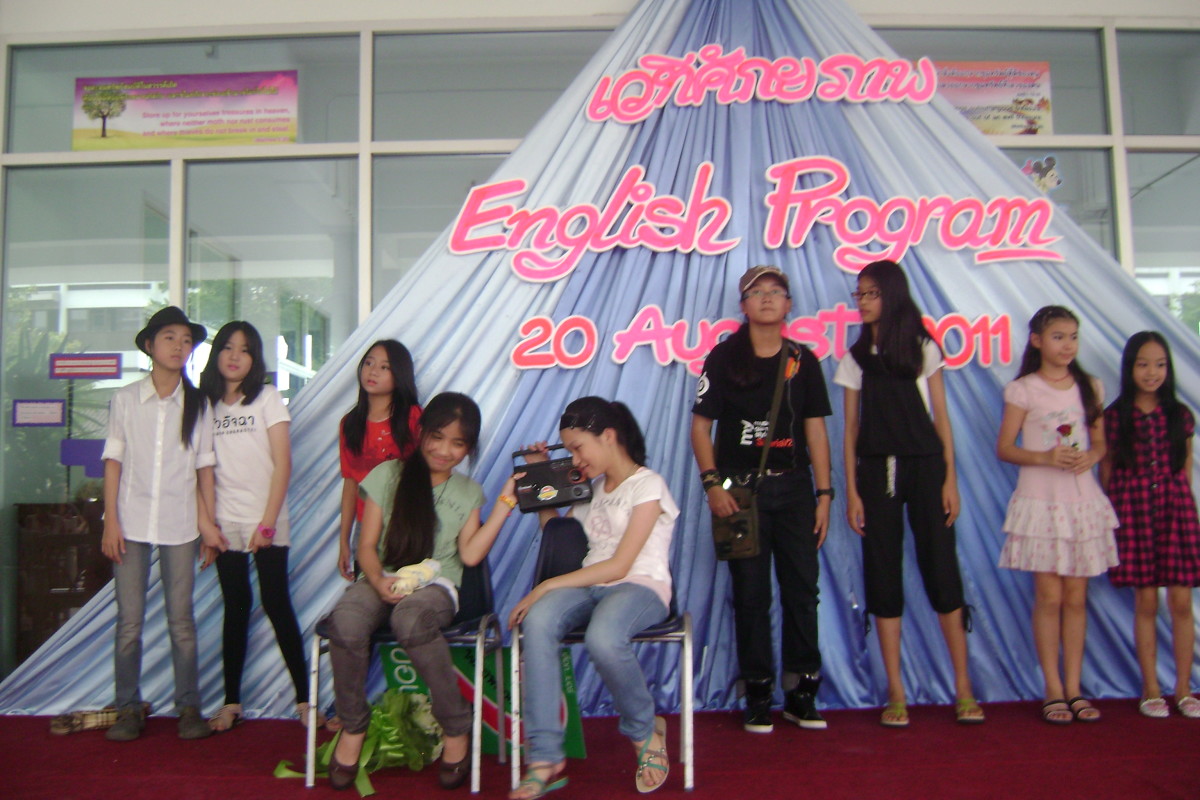Education in Victorian times. Payment by Results, Her Majesty's Inspectors, the dismissal of a Head Master.
Over forty years ago I researched the history of a Church of England School, St Michael's,Bamford, Lancashire. I rediscovered this research recently and think that it may be of interest to others. I had access to the Logbooks, Punishment books, and was able to contact an ex pupil, monitor, pupil teacher, and teacher Mary Ann Collingwood.
The system of ‘Payment by Results’, initially introduced by the Revised Code and amended slightly by other later Codes was still in existence at St Michael’s and all other schools in the 1880’s and it certainly had an effect at St Michael’s. In the early days of the school the chief sources of income were the scholars fees, the annual Government Grant and the Collections on one or two Sundays in the year and occasional efforts and subscriptions. From these sources the salaries of the Master and the assistants had to be paid – so the Master’s salary (and sometimes the assistants also) depended on the attendance of scholars and on the success in obtaining the grant from the Government.
I
Unsatisfactory results
The master of the school during the 1860’s, 1870’s and 1880’s was Mr T J Tuke who was a Certificated Master of the 2nd class. However because of certain irregularities found by H.M.Inspector in the 1880's Mr Tuke was eventually dismissed by the Managers and the events leading up to his dismissal, beginning with the report of 1883 are discussed more fully below.
August 23rd 1883. Summary of H.M.Report
“The elementary work above the first Standard is not satisfactory, Reading and Arithmetic are only just fair and writing is indifferent, the penmanship being poor and the Spelling bad (nearly five errors per child) and the composition in the fifth and sixth Standards almost worthless. Geography is fair but Grammar is so weak that the English is a failure. In view of the large number of failures in writing, no merit grant can be recommended and unless there is a marked improvement in this subject next year a further loss of grant will be incurred ”.
Even after this report there is no evidence in the log that the headmaster was trying to improve matters. He was absent in February and March of 1884 suffering from rheumatism, and his wife then took over the management of the school until his return.
Again in July 1884 he had another attack of rheumatism when the assistants then took charge of the school.
However the report of H.M.Inspector of August 21st 1884 does indicate that there has been a slight improvement in standards since the earlier year.
Extracts from the report of 1884 –
“Very fair order is maintained but the instruction is still somewhat weak, spelling especially being faulty. Needlework has been well taught. The method of filling up the Schedules this year is inconvenient”. “The Infants are in fair order and are pretty well taught ”.
The Inspector also criticised the work of one of the Pupil Teachers, i.e. Frank Tetlow 4th year.
“Her Majesty’s Inspector reports that F Tetlow’s lessons have been much neglected, only three or four Reading lessons having been given during the year and recitation commenced a week before the examination ”.
"Loose Discipline" says HMI.
In January 1885 the following report was received from the Inspector of Religious Knowledge.
“The School has been under some disadvantages during the past year from changes in the teaching staff. The repetition of Scripture was said nicely. The singing and written work have deteriorated since last examination. The Religious Knowledge in Groups 1, 3 and 4 was very fair, in Group 2, decidedly poor. I am obliged to call attention to the loose discipline of the school, which much injures the religious work. Careful preparation of the lessons beforehand with special reference to the practical usefulness of the narratives should be encouraged and the questioning as bright and cheerful as possible”.
The visit by H.M.Inspector in July 1885 resulted in a total of one hundred and sixty eight pupils being examined, six less than in 1884. The report was definitely better than the previous one –
“Mixed School : The work of the lower division of the School is creditable in most respects. Spelling in the first, second and third standards, and Arithmetic in the first standard being the weakest subjects. The upper division is much weaker especially in Arithmetic. Singing is satisfactorily taught and Needlework has received due attention”.
“Infants’ Class: The Infants are in good order and have been well taught in the Elementary subjects. A few low desks are needed”.
1885 A good report. Mr Tuke's ill health. School closed early for holidays.
It seems that great efforts were made to improve the religious knowledge of the children in the following year, this is evident in the report of the inspection for 1885.
“The religious knowledge has much improved since my last visit. The Infants answered very well and did much credit to Miss Clark who has not long been in charge. In the rest of the school the answers showed that the work had been well grasped. Attention should be paid to the lessons taught by the narratives. The Scripture for repetition should be increased in quantity. The tone of the school is very good”.
Between 11th December 1885 (the date of the Inspection in Religious Knowledge) and July 29th 1886 the headmaster was absent from school several times, sometimes through illness and also due to removing house and the death and funeral of his father-in-law. Unfortunately he was ill at the time of the examination and the following entry was made in the log by the School Manager –
“July 29th. The Master has been confined to his bed all this week by an attack of pleurisy and the examination of the school was this day conducted in his absence by Messrs Sharpe and Hudson. In consequence of his illness the holidays will begin today and last until August 23rd”.
A total of 194 children were present for the examination.
The report was as follows –
“Mixed School. The first and second Standards have been fairly well prepared for examination. The rest of the school did very moderately. Writing, Spelling and Arithmetic are all poor. Notwithstanding the weak state of the Elementary Instruction two class subjects were attempted. Neither Grammar nor Geography is more than fair. Needlework is again good and singing by note very fair. A merit grant is recommended this year with hesitation. There ought to be great improvement in the elementary instruction to warrant any such recommendation next year. Art 35 appears to have been overlooked with regard to Anne Crabtree”.
“Infants’ Class. The Infants did very fairly in Elementary Subjects and Object lessons, singing, needlework and other occupations are satisfactory”.
Mrs Tuke takes over. Order disgraceful.
Mr Tuke’s illness was still present after the summer holidays and Mrs Tuke took charge until October 11th 1886. In November a temporary Master was engaged to run the school until the Christmas holidays. Mr Tuke then resumed his duties but he was obviously none the better because when the Inspection for 1887 took place in July the Inspector was far from satisfied with the results.
“Mixed School. Mr Tuke has been seriously ill, since July of 1886, and I am very much disinclined in consequence to withdraw the Merit Grant, especially as it will further cripple the school, which has already lost heavily. There is, however, no possibility of ignoring the fact that the order is disgraceful, and that had only one Teacher been left in charge of the upper room, discipline should not have been as it is for 24 hours. Instruction except in Singing and the Girls’ Needlework is so bad that I propose to send the analysis to the Managers instead of dealing with it here. The Managers have undertaken to put matters on a satisfactory footing, and as the fault is mainly that Mr Tuke’s place was not supplied when he could not attend, I recommend that a merit Grant be paid this year, and that at its end the School be struck off the Annual Grant List unless it becomes efficient. Twenty seven children were represented this year in the same standard with very good reason, but there was no reason why they should have got into such a state as to require it”.
“Infants’ Class. Of 55 Infants in this class, 15 were over seven, and the instruction though better than it is upstairs, is not good enough for this district. Discipline was fair, but the method of moving children and teaching generally is much too noisy. Some suitable Infants’ desks are required”.
“Before My Lords decide what Grants can be paid under the circumstances, I am to enquire how often the Master was absent from his duties before and after October and November – the two months during which he was kept from school on account of serious illness. It is evident that a qualified master (certificated) ought to have been engaged to take Mr Tuke’s place while he was ill –
My Lords have allowed an unreduced Grant with considerable hesitation”.
It is not surprising that the standard of education had deteriorated so much when one considers that a total of 205 children were present for the examination and yet the total teaching staff was four, of whom two were pupil teachers.
i.e. Master of the School – T J Tuke. Certificated Master of 2nd Class
Assistant Mistress and teacher of sewing – Annie J Clark (Art 50)
Pupil teachers - Annie E Crabtree 3rd year
- Harry Wild 3rd year
When the Master was absent therefore the pupil teachers had to cope with 150 children (approximately) between them and Miss Clark was in charge of the whole of the Infants’ Class, which numbered at least 55.
Mr Tuke is dismissed.
It was the necessity of obtaining the Government Grant, which lay behind the dismissal of Mr Tuke after 22 years of service, during which time he had also helped the Church and Sunday School in many ways. His long illness was the cause for the irregularities discovered by H.M.Inspector. It was the adverse report of the Inspector and the threat of the forfeiture of the Grant that compelled the Managers to ask for Mr Tuke’s resignation. This was refused and so the Managers then ordered his dismissal with three months notice.
Bamford people were very concerned and upset at the thought of losing Mr Tuke and they sent a petition with many signatures on it to the Managers. The Managers received a deputation and explained the situation to them, and unanimously kept to their original decision that Mr Tuke should leave the school.
Some ill feeling was around against Mr Butterworth (the Manager and Correspondent) on account of this action; but it was the action of the whole body of Managers. Mr Butterworth expressed his personal sorrow in having to communicate the decision to one who had been a good friend and a most useful helper to him. A present of £24 was made to Mr Tuke on leaving, half of which came from the pockets of the School Managers.
Mr Butterworth was also the Vicar of the Church.
The first two entries in the log for 1888 are as follows –
“January 9th. School reopened today after the Christmas holidays when Mr J Gaukroger began his work as Head Master in place of Mr Tuke, whose long and useful connexion with the school came to an end on the 3d inst.
J C Butterworth,
Correspondent & Manager”
“Jany 9th. Entered upon duty as Head Master. Frank Gaukroger.

